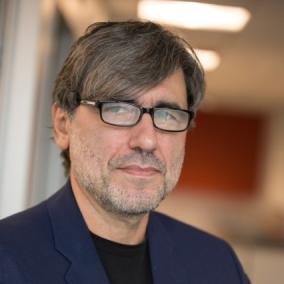Speakers
Learn more about our other lovely speakers at the 2025 Annual Meeting. This page will be updated as more speakers are announced! If you have any questions about out programming, please reach out to .
Saturday, October 4, 2025 16:00-17:00
Neural Economics

Drazen Prelec
MIT Sloan School of Management, MIT Department of Brain and Cognitive Sciences, MIT Department of Economics
Drazen Prelec has been a member of the Sloan faculty since 1991, with joint appointments in the MIT Departments of Economics, and Brain and Cognitive Sciences. He received his Ph. D in Experimental Psychology and AB in Applied Mathematics from Harvard University. He became involved with behavioral economics as a Junior Fellow in the Harvard Society of Fellows, and has pursued this interest with fellowships from the Russell Sage Foundation, Stanford CASBS, the Guggenheim Foundation, the Princeton Institute for Advanced Study, and, most recently, All Souls College, Oxford. His current work focuses on non-verifiable subjective judgments (‘crowd wisdom’), and the application of mechanism design to neuroscience (‘neural economics’). He remains interested in the limitations of rational models for human agency, especially in connection with non-causal motivation and self-signaling.
